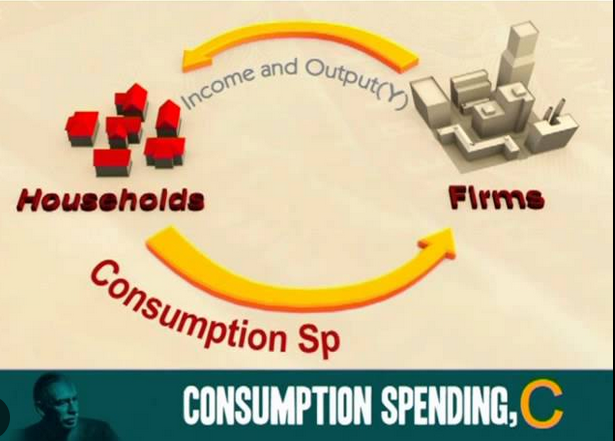Nigerian consumers will spend over US\$122.07 billion in 2025, as rising inflation, urban growth, and shifting household priorities continue to shape spending patterns.
Meanwhile, Statista projects that the average Nigerian will have a per capita disposable income of US\$604.10 next year, with food and non-alcoholic beverages alone taking more than half of that amount at US\$318.89 per person.
However, it also revealed that consumers will spend US\$25.76 per capita on clothing and footwear, US\$32.01 on household goods, and US\$29.65 on transportation.
Also Read:Nigeria’s traditional TV ads spend to reach $401m in 2025
Although Nigerians may spend lion’s share despite economic challenges, which will still allocate US\$21.37 for housing and US\$10.04 for healthcare per person, showing a focus on basic but essential needs.
Statista’s data shows that private consumption has steadily increased, with Nigeria’s private consumption expenditure reaching US\$26.82 billion in June 2024, up from US\$25.50 billion in March.
However, while this growth signals short-term improvements, longer-term figures paint a different picture. In 2023, private consumption declined by -10.89%, compared to 21.21% growth in 2013 and a -4.07% drop in 2022. Over the past decade, consumption growth has averaged just 2.70%.
How global ad spend surpassed projected revenue in 2024
In other words, Nigerians continue to prioritise food and groceries in their spending, with these items consistently dominating household budgets. Even during economic downturns, they treat food as the most urgent and unavoidable expense.
However, the report also shows that transportation ranks next, as high fuel costs and limited infrastructure increase daily commuting expenses.
As a result,consumers also spend significantly on bills and utilities, especially electricity and generator fuel, while clothing, childcare, housing, and healthcare complete the list of top spending categories.
In conclusion, Nigerian consumers, according to the data highlights how inflation and structural challenges continue to reshape consumption patterns in Nigerian households. Still, population growth and rising urban consumer needs keep driving spending upward, despite the constraints.
Also Watch:MARKETING EDGE ONTV






Comment
No comments found.